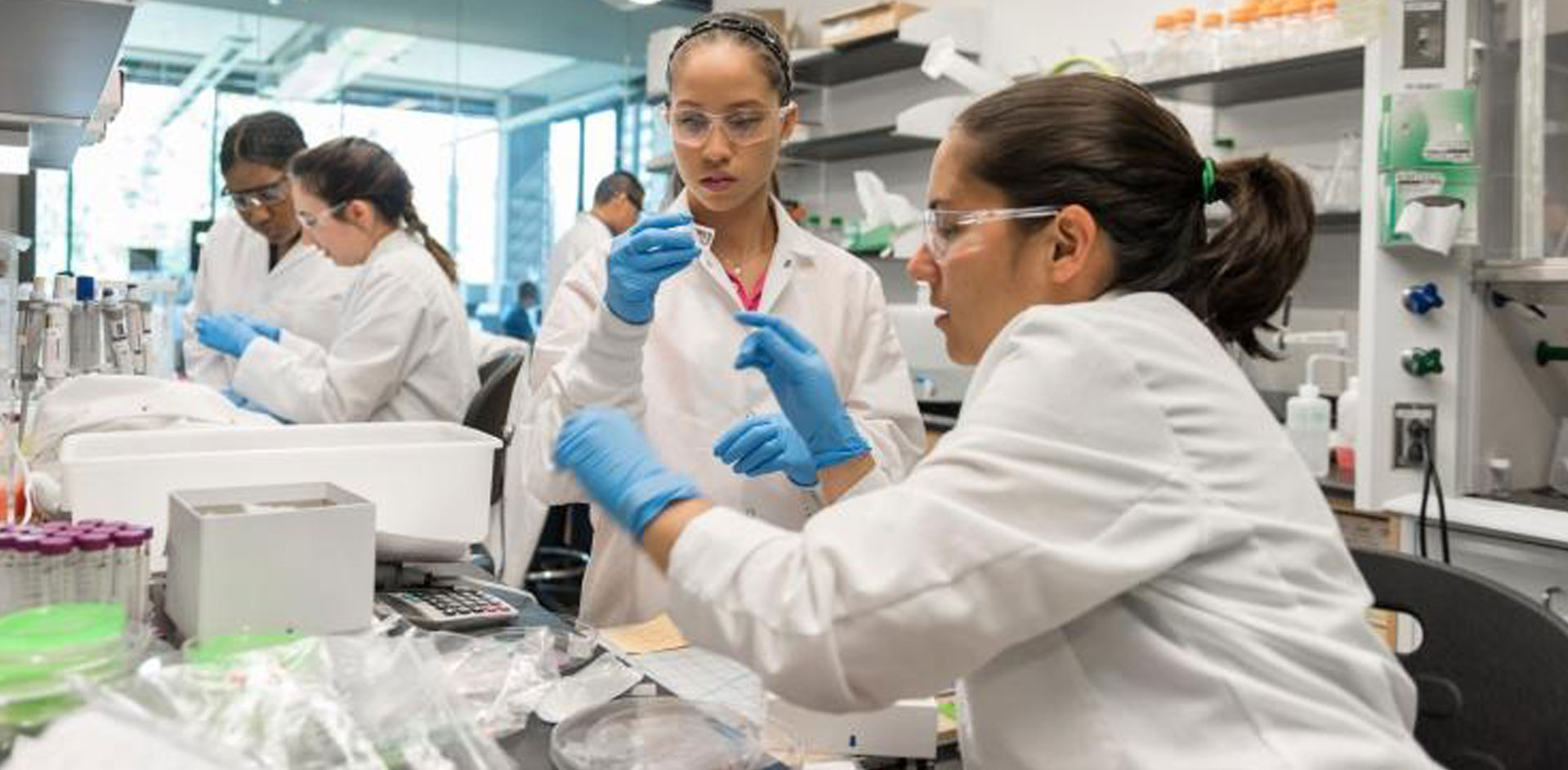CMaT will employ broad, multi‐disciplinary SMART (Specific, Measurable, Adaptive and Achievable, Responsive and Realistic, and Transformative and Timely) strategies to gain fundamental knowledge, develop technologies, and overcome barriers identified in the NCMC Roadmap.
First, new knowledge will be gained to catapult scalable cell manufacturing, especially in areas of critical quality attributes (CQA), i.e., the properties or biomarkers of a given type of cell that “predict’ its safety, efficacy, or potency. The lack of reliable CQAs is major barrier in the success of cell therapies as well as their reproducibility across clinical centers and industry. There is also little correlation between in vitro and in vivo potency‐safety (i.e., quality) measurements. Furthermore, not much is known on how scaling of the manufacturing process affects cell function. In collaboration with NIST and the Standards Coordinating Body (SCB), we will use measurement science approaches in all aspects of cell characterization and process development, enabling standards development for the broader cell manufacturing industry. Second, CMaT will develop new enabling tools and technologies that would be broadly applicable to all Test‐Beds as well as other cell therapies and biomanufacturing platforms. Such tools and technologies include rapid, in‐line testing of critical cell attributes through multiplexed sensors and imaging probes; organ/disease‐on‐a‐chip models for rapid, low‐cost, potency testing; big‐data analytics to model cell quality; as well as engineered biomaterials and bioreactors coupled with advanced process modeling and supply chain innovation and integration. Third, at the Engineered Systems level, CMaT will address key barriers in each Test‐Bed: predicting safety and efficacy on industry relevant Test8 Strategic Plan Beds; large‐scale, low‐cost manufacturing; lack of industry standards and a trained workforce, and regulatory and social policy as related to large‐scale cell therapies. Finally, CMaT will nurture an industry‐academia‐clinician‐government ecosystem to achieve its goals. This broad strategy, driven by needs from industry, academics, clinicians, patients, and regulatory agencies, will collectively enable large‐scale, low‐cost, reproducible manufacturing of high‐quality therapeutic cells.
Through these efforts, CMaT will reduce the cost, increase access to, and improve the efficacy and reproducibility of cell therapies, which will enable industry growth, alleviate patient suffering, improve the healthcare economy, and transform how we routinely treat incurable and chronic diseases.

